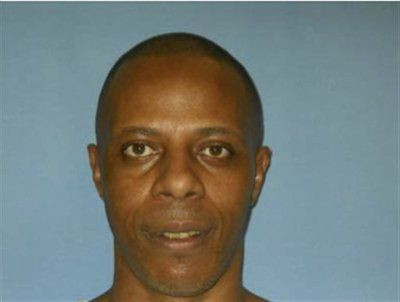Death Row Inmate To Die Tuesday After DNA Testing Denied

Albeit a staple television police dramas, DNA evidence is often missing from real-life courtdroom dramas.
On Tuesday, Willie Jerome Manning, a 44-year-old African American, will be executed by the state of Mississippi after spending nearly two decades on death row for the murders of two white college students, Tiffany Miller and John Steckler, who were shot to death at close range by the side of a country road.
This week, Manning was denied a DNA test that might exonerate him in a double-murder conviction based largely on jailhouse testimony, since recanted. The other testimony in the case came from the defendant's cousin, who had accused two other men of the crime before pointing the finger at Manning.
The Mississippi Supreme Court ruled 5 - 4 that there was "conclusive, overwhelming evidence of guilt" and that a DNA would not "preclude his participation in the crime." Dissenting, Justice James W. Kitchens wrote, "Whatever potential that the denial seeks to avert is surely outweighed by the benefits of ensuring justice by the scientific analyses of all the trace evidence."
Anayst Dov Fox, of the Georgetown University Law School, told the Huffington Post this week that Manning had never been linked to the crime by any physical evidence — and that DNA testing might introduce a second perpetrator. Since 1994, Manning has been trying to get DNA testing of the forensic evidence, which includes a rape kit, fingernail scrapings from both victims, and hairs recovered from the scene.
If nobody successfully intervenes, Manning will die Tuesday by lethal injection.



























